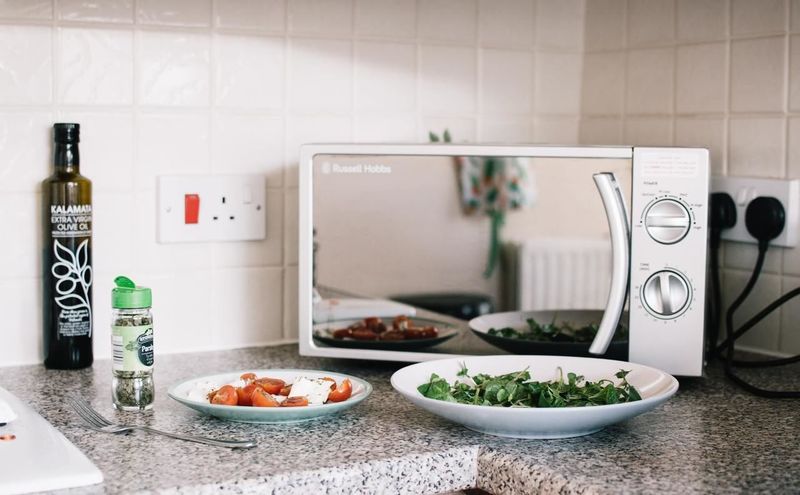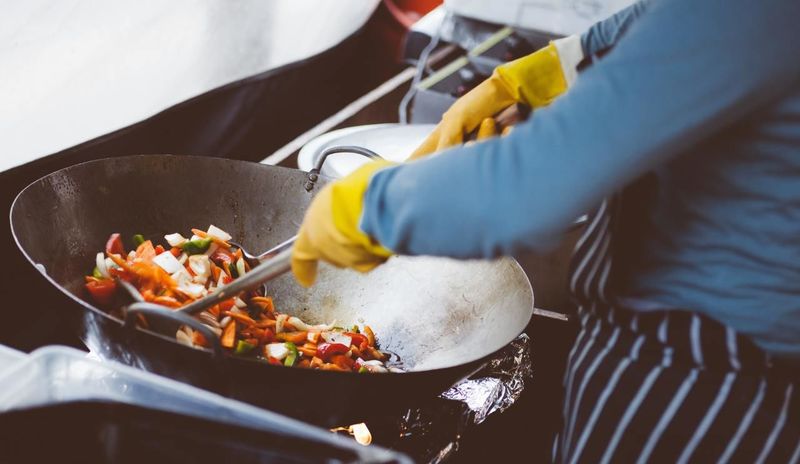“Can share, meh?”
In Singapore, it is almost inevitable to find ourselves schooling and working in offices with people coming from various race and religions. And these kind of remarks, whether we can share utensils with our non-muslim friends, are bound to come up every now and then. We were wondering too, what we should say or do when faced with these situations.
These are some answers we got from the Office of the Mufti:
1. Using shared equipment

For equipment which are not used exclusively for halal food, like shared fridges and
microwaves in an office, the halal status of the food is not affected if there is no direct contact or cross mixing between halal and non-halal food.
Imām Muhammad ‘Abdullah al-Jurdānī mentioned in his book Fatḥ al-ʿAllam bi sharḥ
Murshid al-Anām, “And if a vessel containing milk is placed over impure fire (as it uses dry dung fuel, which is dried animal faces that is used as fuel source), and something from it (the fuel source) flies into the milk, it is forgiven.”
Based on this view, food that has been unintentionally mixed with negligible amount
of non-halal ingredient is still permissible to be consumed – what more for food which has been placed in tightly-closed containers.
(So it’s fine, no need to be paranoid)
2. Utensils which have been direct contact with pork

According to the Shāfi’ī school of thought, dishes and utensils which have come into
direct contact with pork needs to be ritually cleansed or ‘sertu’ before they can be used for the handling of halal food.
However, there are other scholarly opinions, including the Hanbalī school of thought, which view that ritually-cleansing the utensils is not a requirement, but an encouraged act.
Jābir r.a. had related the following: “We used to go on military expeditions with Allah’s
messenger and acquire the dishes and drinking vessels of pagans. We would use
these things and did not consider doing so to be objectionable.”
In his commentary on Ṣahīh Muslim, Imām al-Nawawi added that the dishes had been
used for cooking of pork and for alcoholic beverages by the pagans.
The richness of views in our Islamic tradition allows for solutions out of different situations. Where necessary, we may follow opinions from other schools of laws, especially when you have been invited to events arranged by friends or families from other faith groups.
So, there you go. Another #halalhack and question answered! May the information and guidelines above be helpful for us all living in a plural society.
For more information and answers to your questions,

